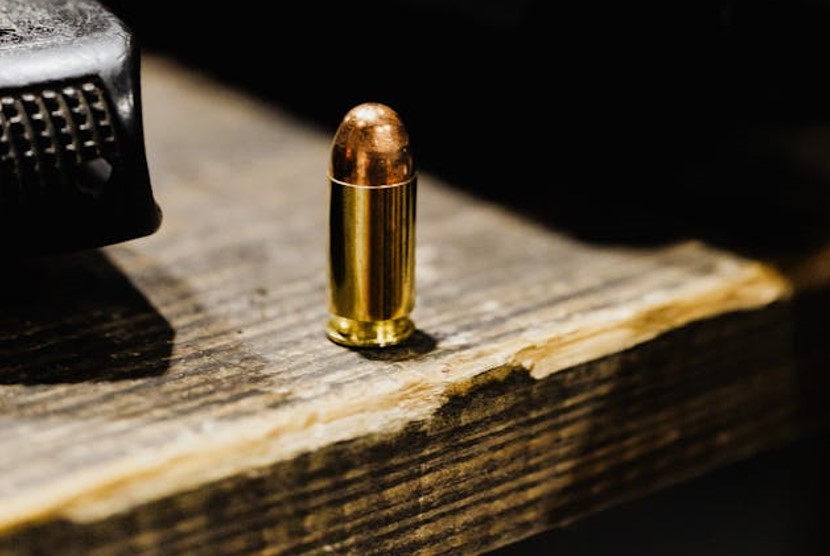
Spain’s Guardia Civil faces an unprecedented challenge: drastic ammunition rationing is forcing the elite unit to reduce its consumption by a quarter. This is due to a failed procurement agreement with an Israeli company, which will interrupt the supply of crucial handgun ammunition until presumably early 2027. This development has far-reaching consequences for the training and operational readiness of Spain’s security forces and also raises questions regarding responsibilities within the Ministry of Interior.
Millions in Savings: Fewer Shots Per Agent
To mitigate the ammunition shortage, the Directorate-General of the Guardia Civil has already implemented measures aimed at reducing consumption by almost a million rounds per year. The most significant change affects regular shooting exercises: each agent will now only receive 20 instead of the previous 25 cartridges per semi-annual exercise. This 25% reduction is intended to save approximately 800,000 refills and secure a much-needed minimum reserve.
Impact on Training and Security
In addition to the cuts in handgun exercises, the cessation of long-gun shooting exercises is also planned. These measures are causing considerable discomfort within the Guardia Civil, as they restrict the training opportunities for agents. Given the rising crime rate in Spain, many fear that this will negatively impact the operational capability and safety of personnel. A well-trained and equipped Guardia Civil is crucial for Spain’s internal security and the fight against crime.
Political Turmoil and Resignation in the Ministry of Interior
The ammunition scandal has also created political ripples. The resignation of Rafael Pérez, Secretary of State for Security and thus the number two in the Ministry of Interior, raises further questions. Although various sources point to a conflict between the government and the Central Operational Unit (UCO) of the Guardia Civil as the reason for Pérez’s departure, his responsibility in the controversial purchase of ammunition from Israel is also emphasized. The contract, which the Ministry of Interior sought to maintain despite explicit instructions from La Moncloa, bore Pérez’s signature. While Interior Minister Grande-Marlaska personally admitted the error, oversight of the contract lay with his right-hand man.
No Resupply Until 2027: The Uncertain Future of Ammunition Supply
The Directorate-General of the Guardia Civil expects that resupply of handgun ammunition will not resume until the first quarter of 2027 at the earliest. A letter from the Deputy Directorate for Operations and Support Command to the Jucil association confirms this critical timeline. The letter acknowledges that an order was issued in January to guarantee a “minimum reserve” of ammunition and to reduce its use in shooting exercises. The Guardia Civil is currently working on a new tender, which is expected to be submitted later this year. The goal is to restart ammunition procurement from scratch and exclude bidders of Israeli origin or products manufactured by Israeli companies.
Strategic Reserves for Emergencies
To bridge the time until the next delivery, the Guardia Civil has already taken measures to ensure a “minimum reserve of ammunition for handguns and long guns.” An “operational reserve” has been created at the facilities of the Police Armament and Equipment Service (SAEP), complemented by a tactical reserve at the command level for urgent needs. However, it is known that the ammunition originally purchased from the Israeli IMI Systems was specifically designed for Ramon pistols, also manufactured in Israel. For purely technical reasons, Israeli cartridges are the only ones fully functional with these weapons. This poses a particular challenge, as approximately 7,000 Guardia Civil personnel, distributed across sensitive units such as the Reserve and Security Groups (GRS) or Citizen Security Units (Usecic), are equipped with these weapons. Waiving the Israeli contract means leaving these weapons in these units without adequate resupply for general use.



